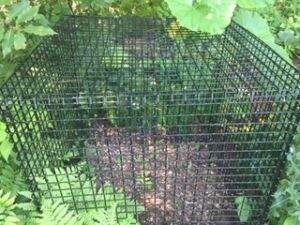Call Us: 508-829-4477 ext. 5
Grant Funding
WCCD’s Soil Health Initiative was begun in 2017 and is supported by district revenue and by grants from the Massachusetts Executive Office of Energy and Environmental Affairs (EEA) and the National Association of Conservation Districts (NACD). Through the initiative the district has provided education and outreach on soil health. We have hired a conservation planner, who works under the direction of the district board and the NRCS District Conservationist. The planner provides technical assistance and conservation planning to landowners and enrolls landowners into the NRCS EQIP and CSP programs. We have created a soil testing service where we facilitate soil testing and provide interpretation of the results. Our annual seedling sale focuses on soil and water conservation issues and provides planting stock that provides conservation benefits. Through the initiative we have created partnerships with other local organizations focused on conservation.
What is Soil Health?
(Adapted from: http://www.nrcs.usda.gov/wps/portal/nrcs/main/soils/health/)
Soil health is the continued capacity of soil to function as a vital living ecosystem that sustains plants, animals, and humans. Soil contains living organisms (microbes, arthropods, etc.) that when provided the necessities of life - food, shelter, and water - perform functions required to produce food and fiber.
With this in mind, when soils are managed as a living ecosystem they can better provide nutrients for plant growth, absorb and hold rainwater for use during dryer periods, filter and buffer potential pollutants from leaving our fields, serve as a firm foundation for agricultural activities, and provide habitat for soil microbes to flourish and diversify to keep the ecosystem running smoothly. At WCCD, we are working to promote soil health, by encouraging practices that follow these soil health principles, established by the USDA:
- Manage More by Disturbing Soil Less
- Diversify Soil Biota with Plant Diversity
- Keep a Living Root Growing Throughout the Year
- Keep the Soil Covered as Much as Possible
Also, adding livestock to your land management where possible and practical (while using best practices and not overgrazing) can improve soil health.
For more information on soil health, please see http://www.nrcs.usda.gov/wps/portal/nrcs/main/soils/health/ or additional resources below.
We offer the following services to assist farm, forest, and garden owners in promoting soil health on their land:
WCCD Soil Health Services
WCCD offers soil sampling to Worcester County land owners and occupiers. For a reasonable $50 for the first soil sample, $35 for additional soil samples. Our Conservation Planner will visit your site, take soil samples, dry your samples and mail them to UMass Soil and Plant Nutrient Testing Lab located in Amherst, MA. Once the lab has finished their analysis, our Conservation Planner will then walk you through the results, and can make recommendations based on your needs.
Interested in learning more or ordering a soil sample? Click here for more information.
Composting
Integrating compost into your soil is one way to improve your soil health and at the same time reduce your household waste. Composting, when done correctly, can give a boost to your soil’s ecosystem by adding organic material, nutrients, and a diversity of micro-organisms. We sell compost bins and help landowners install and know how to use them.
Riverdale Mills of Northbridge, MA designed pre-cut modular panels for us. The picture here shows 5 panels for a complete composter with cover. The 36” x 36” panels with with 1-1/2” space openings, which allows for ventilation to improve composting. The panels are made of the highest quality, strongest and longest lasting 12.5 gauge high performance weather resistant PVC coated wire mesh available. The PVC coating has a smooth thick uniform coating that does not peal or crack even when exposed to harsh marine environments. The cost of each panel is $12, a whole set of 5 panels is $70. You may purchase panels online here NRCS Soil Health Resources to Browse:
NRCS Soil Health Resources- http://www.nrcs.usda.gov/wps/portal/nrcs/main/nd/soils/health/
(North Dakota NRCS – based, but they are one of the leaders in this area)
Cornell University Soil Health Resources - http://soilhealth.cals.cornell.edu
Soil Food Web, by Dr. Elaine Ingram - http://www.soilfoodweb.com
Sustainable Agriculture Resources and Education (SARE) - http://www.sare.org/Learning-Center/What-is-Soil-Health
National Soil Maps through NRCS Web Soil Survey - http://websoilsurvey.sc.egov.usda.gov/App/HomePage.htm
Soil Health Card - http://www.nrcs.usda.gov/wps/PA_NRCSConsumption/download?cid=nrcseprd401840&ext=pdf
Lorem ipsum dolor sit amet, consectetur adipiscing elit. Ut elit tellus, luctus nec ullamcorper mattis, pulvinar dapibus leo.
